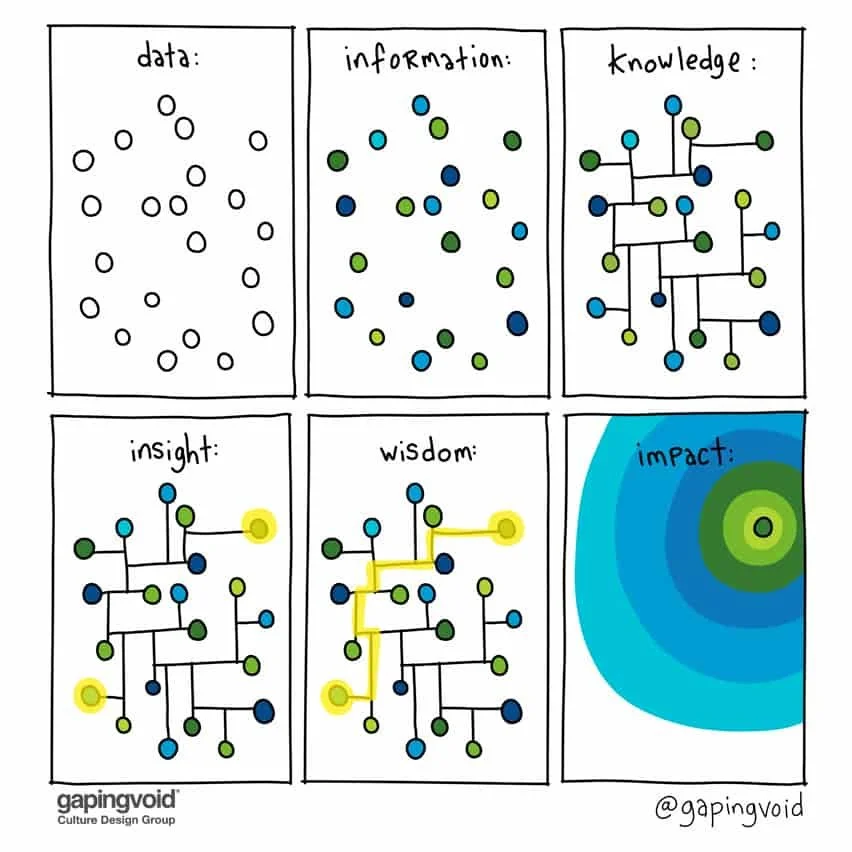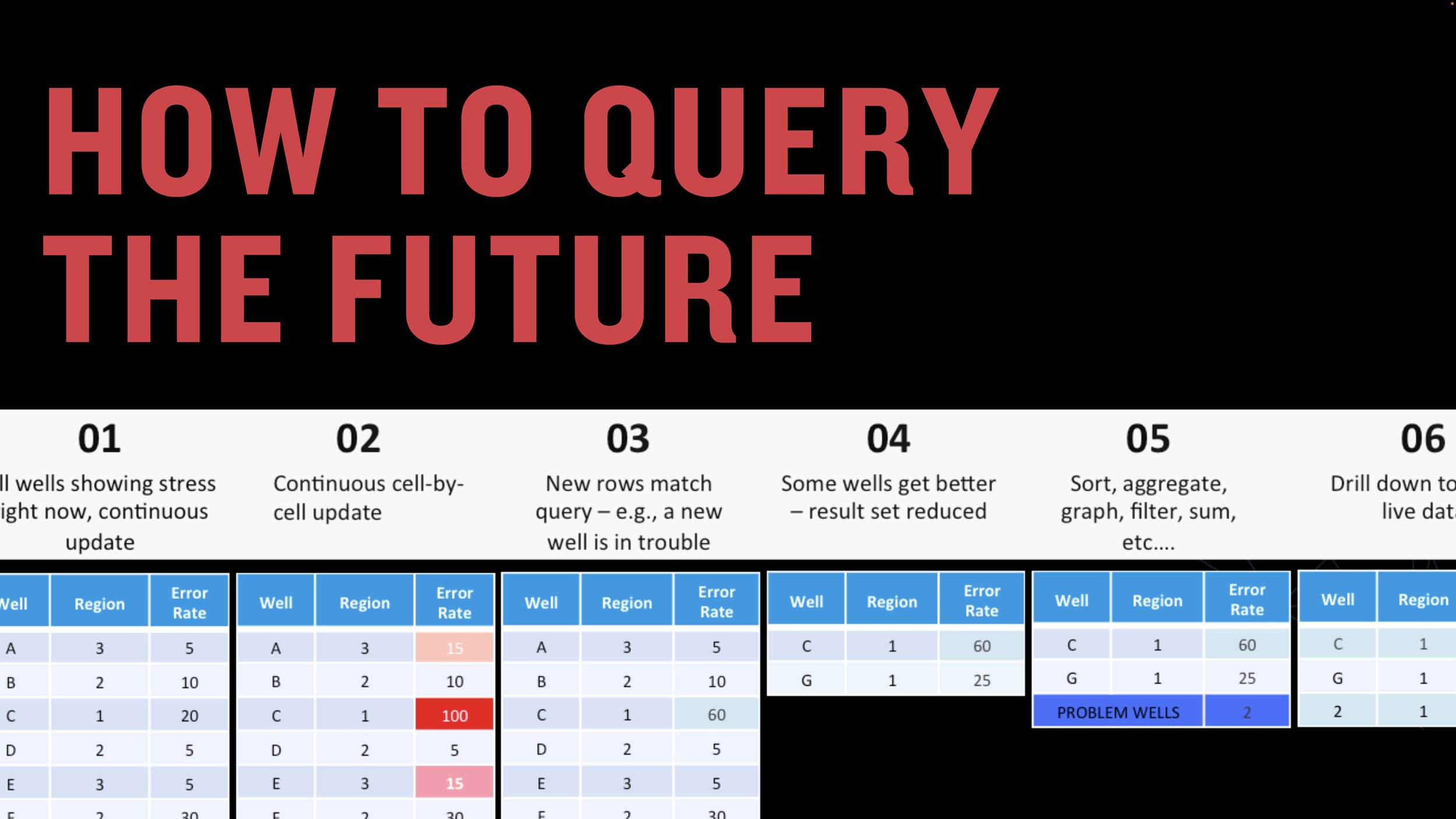Data is the Light, Not the Way: Here’s How to Illuminate Every Path
To get the most out of data, view it as a mandatory skill for all, like reading and writing, and build an enterprise operating system for data analytics.
Data is like knowledge; it's the light, not the way. To thrive in the digital era, treat data analytics as a horizontal skill, not a specialized one. New programs and tools create an "operating system" that makes data more accessible to all.
Bob Dylan showed how freely accessible data inspires action. Before he had a hit record, Dylan immersed himself at the New York Public Library. He read newspapers on microfilm from 1855 to 1865 and learned how families and freedoms frayed leading up to the Civil War. He said, "The godawful truth is that [education] would be the all-encompassing template behind everything that I would write."
Data is the microfilm of modern digital business. It stores "all-encompassing templates" about your business. AI and machine learning can quickly and easily find those patterns if you know how to look for them. "At its core, machine learning is a thing-labeler," explains Cassie Kozyrkov, Chief Decision Scientist of Google.
Data-based patterns are powerful and can inspire action, but it takes humanist skills to find them, not only scientific ones. Yet, some leaders think they can hire data scientists, and actionable insight will appear; it doesn't work that way, which might be why only 12% have deployed AI at scale.
No: data is the light, not the way. Data reveals new paths. It doesn't choose which one is best. AI is not creative. An "enterprise operating system" shares data safely with everyone. It has three pieces:
Data literacy programs Programs like Correlation One's Data Science for All help bring data literacy to everyone. It uniquely brings data science skills to non-data-scientists to empower everyone, not just a few PhDs.
Self-service data catalogs. You can't use data if you can't find it. Bob Dylan used the card catalog in the New York Public library; you need an enterprise data catalog. Some companies already have data catalogs, but many are the sole province of IT; make them self-service instead.
Democratized analytics. New AI model operationalization tools help anyone find, try and learn with AI and machine learning. As Hugh MacCloud from Gapingvoid depicts above, humanists turn data into insight, then wisdom, leading to impact.
Make data available to anyone and everyone, not just a specialized few. A horizontal view of data can illuminate everyone's path and lead to more impactful decisions for all.











